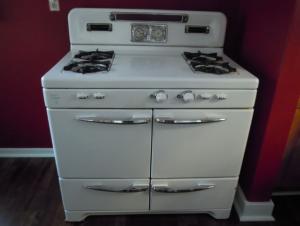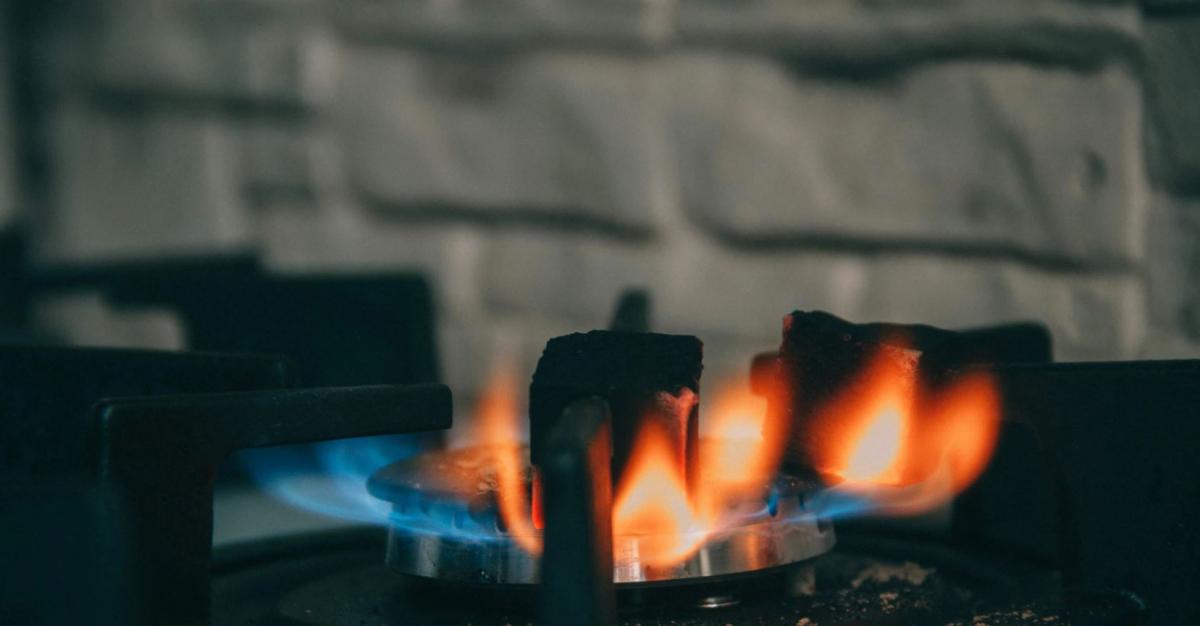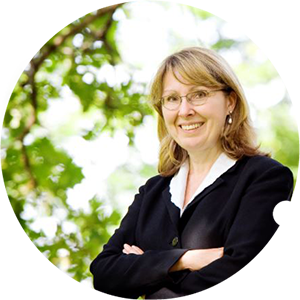“Now You’re Cooking With Gas” began its life as a breezy book chapter called “1940s kitchen” and later “Modern kitchen.” Even though I described the kitchen as not modern, I meant not up to date. Just writing about it made me realize it was modern in the historical sense.
That draft was written in a flat in Tunisia in 2011 during Ramadan. I was soon back to my normal working life in Minnesota. Three years later, my book was still a work in progress when a floor replacement ruptured the kitchen and, as it turned out, my state of mind.
I was unprepared for my reaction. It felt like an echo of the depression that took hold of me when my family’s farm was sold in the ’90s, but this seemed so out of proportion to a stove.
As I’ve done many times in the past, when I don’t understand something—especially when I don’t understand myself—I write about that thing. I pulled out the draft chapter and rewrote it again, and again, as I lived the story. I gave it to family members and friends, city and country, and talked to them about machines they loved. I worked on it with a writing coach and in a class. My story became an essay, and the topic became my stove, not the kitchen.
 But the stove was more than a stove. It was my personal relationship with fire and energy. From that perspective, depression was not out of proportion.
But the stove was more than a stove. It was my personal relationship with fire and energy. From that perspective, depression was not out of proportion.
The road trip became part of the essay early on, but it was only one sentence. When I included what I was thinking on that trip, all the parts seemed to click into place.
The book I started writing in Tunisia is still in progress. Little by little, segments like this are breaking off into their own lives, lightening its load.



